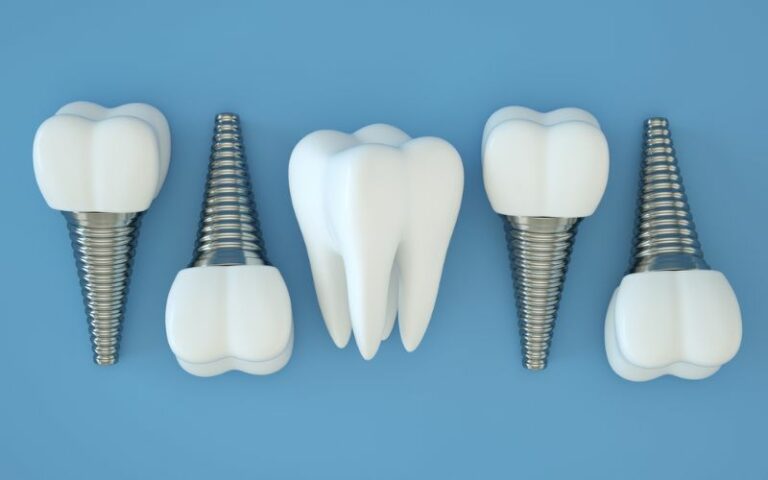Your Guide to Gentle Eats and Speedy Recovery After Tooth Extractions
Tooth extractions can be a bit uncomfortable, but knowing what to eat (and what to avoid) can make a big difference in your recovery. Here’s a guide to help you navigate your diet after a tooth extraction in Rolesville.






